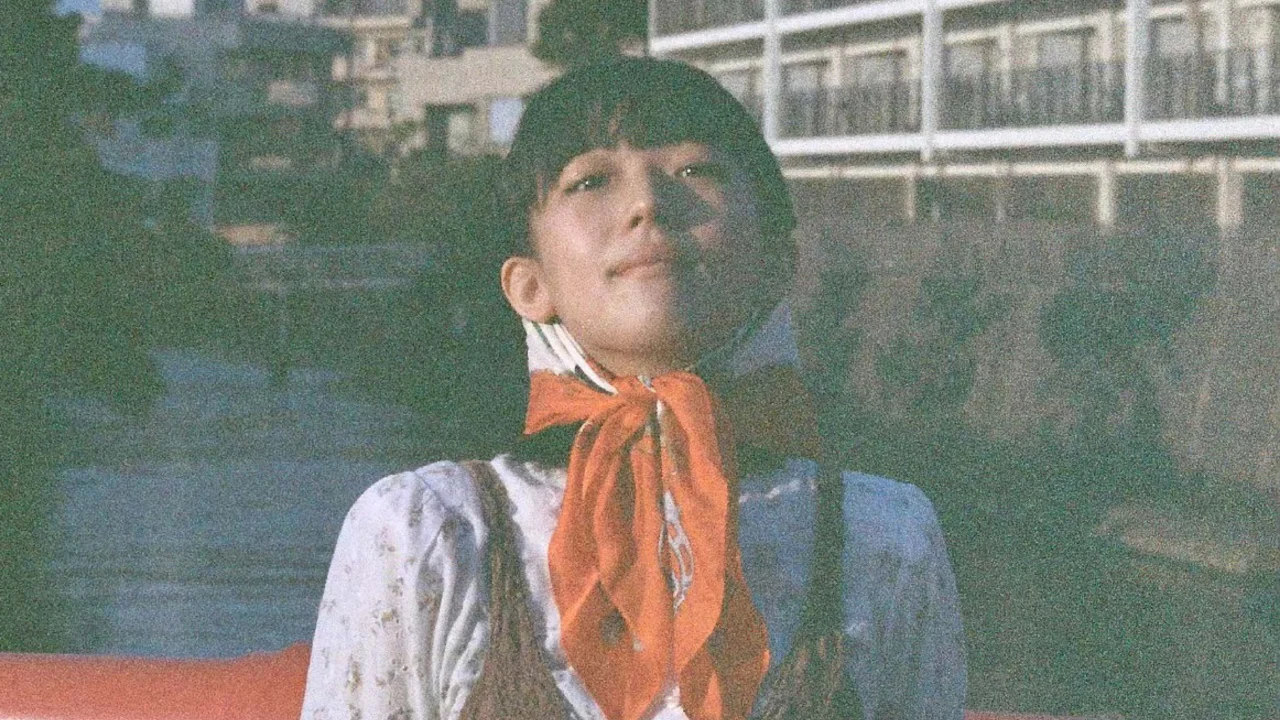INDEX
Asian Achievements Over the Past Decade
One of the questions we received in advance from SIRUP for you, Ayumu, was, “How do you view the Japanese R&B and dance music scene? What do you keep in mind regarding it?”
SIRUP: Since Ayumu lives in America, where the environment is completely different, and he primarily uses English, I’m curious about how he listens to Japanese music.

Ayumu:My favorite Japanese music genre is actually J-ROCK. When I listen to bands like RADWIMPS, I feel a sense of originality. It depends on the artist, but I find that R&B and hip-hop created by Japanese artists often tend to be copy-and-paste, and those kinds of songs don’t really resonate with me.
SIRUP, you’ve traveled to various countries and discovered that the same issues exist everywhere, or conversely, you’ve realized that points of frustration in Japan aren’t necessarily common in other countries, which I think is a source of hope. Ayumu, have you found any similar sense of hope while living in New York?
Ayumu: Since my first visit to New York in 2014, the way Asians are received has changed. I’m amazed by how much things have evolved in just 10 years, and it gives me hope to see that it’s not just the music industry, but society as a whole that is moving forward.
The number of opportunities available to Asian artists is completely different from 10 years ago, isn’t it?
Ayumu: Yes, it’s completely different.
On TikTok, Asian male models often go viral, and with 88rising creating a platform for Asian music, it has helped spread the message that Asian music isn’t just about K-pop and anime songs.
Editor’s Note: 88rising is a media platform founded in 2015 by Sean Miyashiro and Jason Ma, based in the United States, that promotes Asian culture worldwide.
Ayumu: I feel like 10 years ago, Asian appearance wasn’t often praised, so in a light sense, that’s one thing that has changed.
SIRUP: I get that. I also feel like I’ve benefited visually, like people associating my hairstyle with K-pop. Living in Japan, I sometimes feel like the K-pop trend is a way for Japanese people to connect globally, but from the perspective of someone living in America, it represents an expansion of Asian rights. The perspectives may differ, but I think we share a similar sense.
Ayumu:Going back and forth between America and Japan, I realize that both have their good and bad points. It really comes down to how you choose to view things.

SIRUP:In Japan, there’s still this notion that you have to conform to the existing norms of the music industry to succeed, and that means you have to give up something. Despite the fact that social media has opened up the possibility for us to create our own opportunities, many people aren’t willing to take that step, and as a result, the gap between those who do and those who don’t has widened. I’ve found that I can no longer connect with some people because of this difference in mindset.
Ayumu: That might be true.
SIRUP:Being an artist is ultimately a lonely battle, so I believe it’s something you have to embrace as your own responsibility. Although it’s abstract, I think music from those who have this perspective touches the heart differently compared to those who don’t.



























